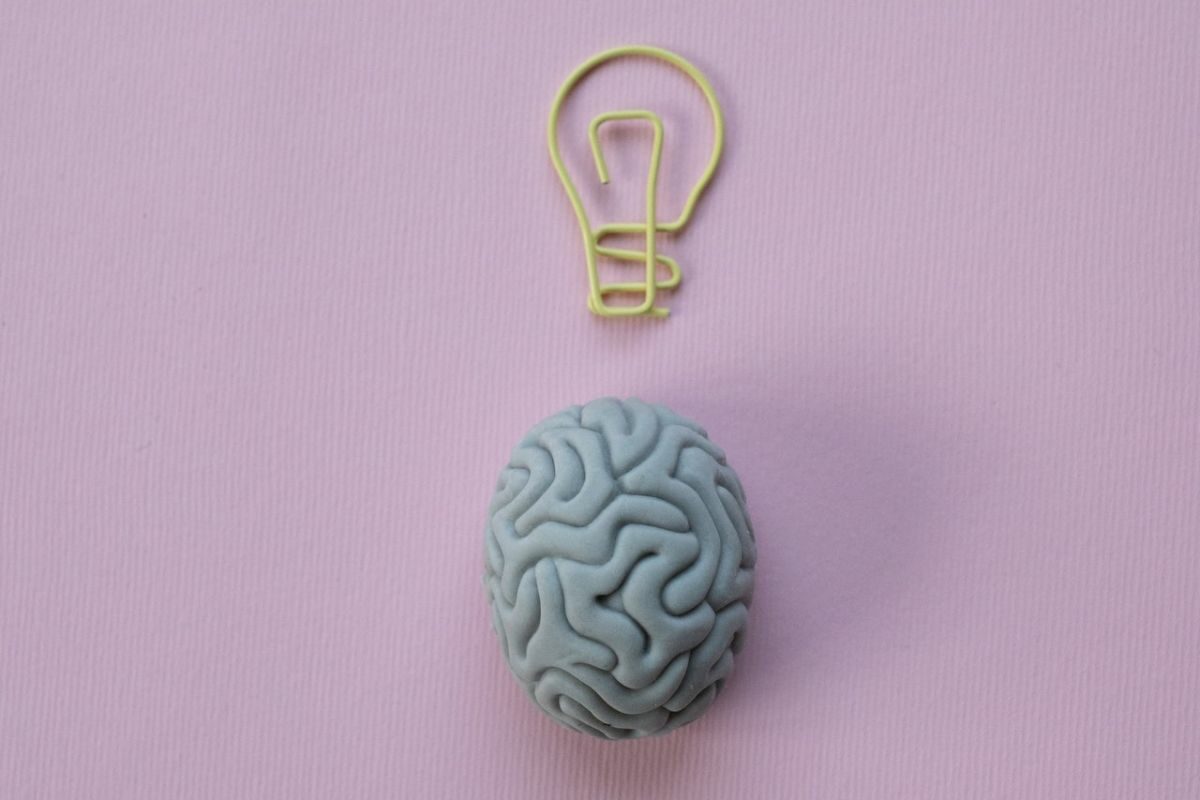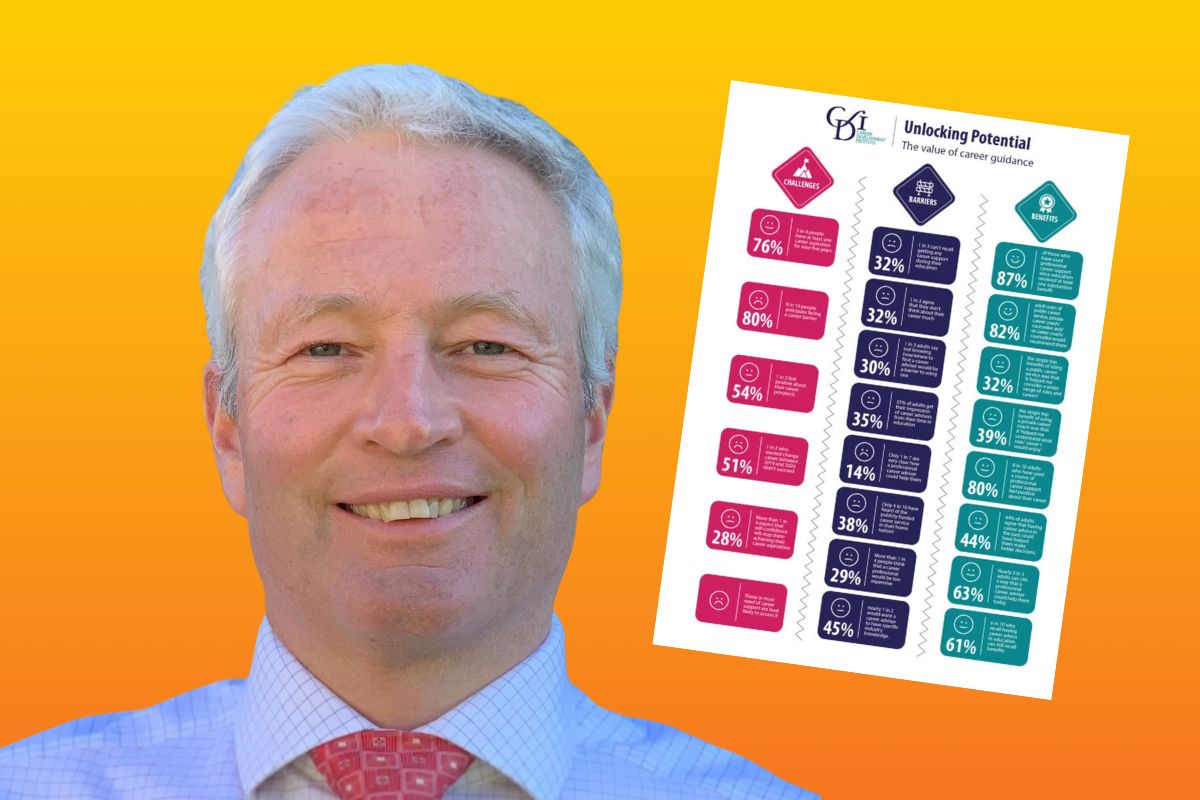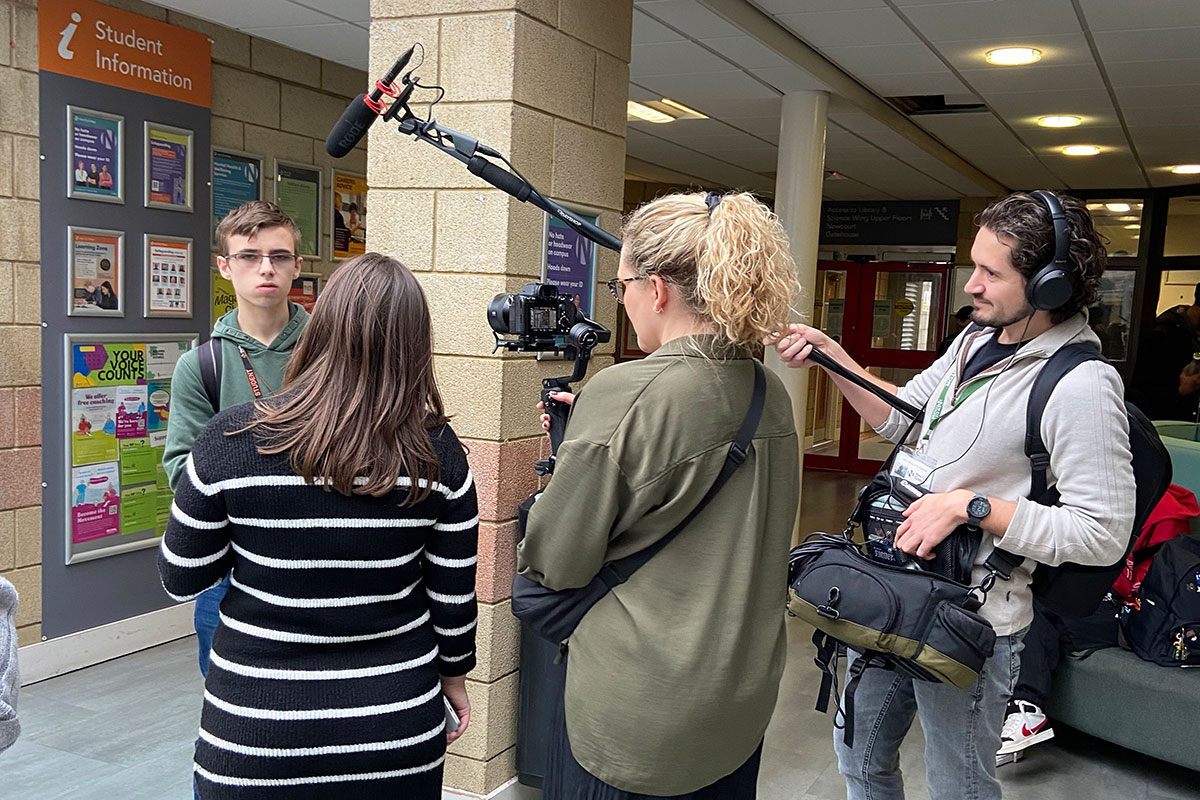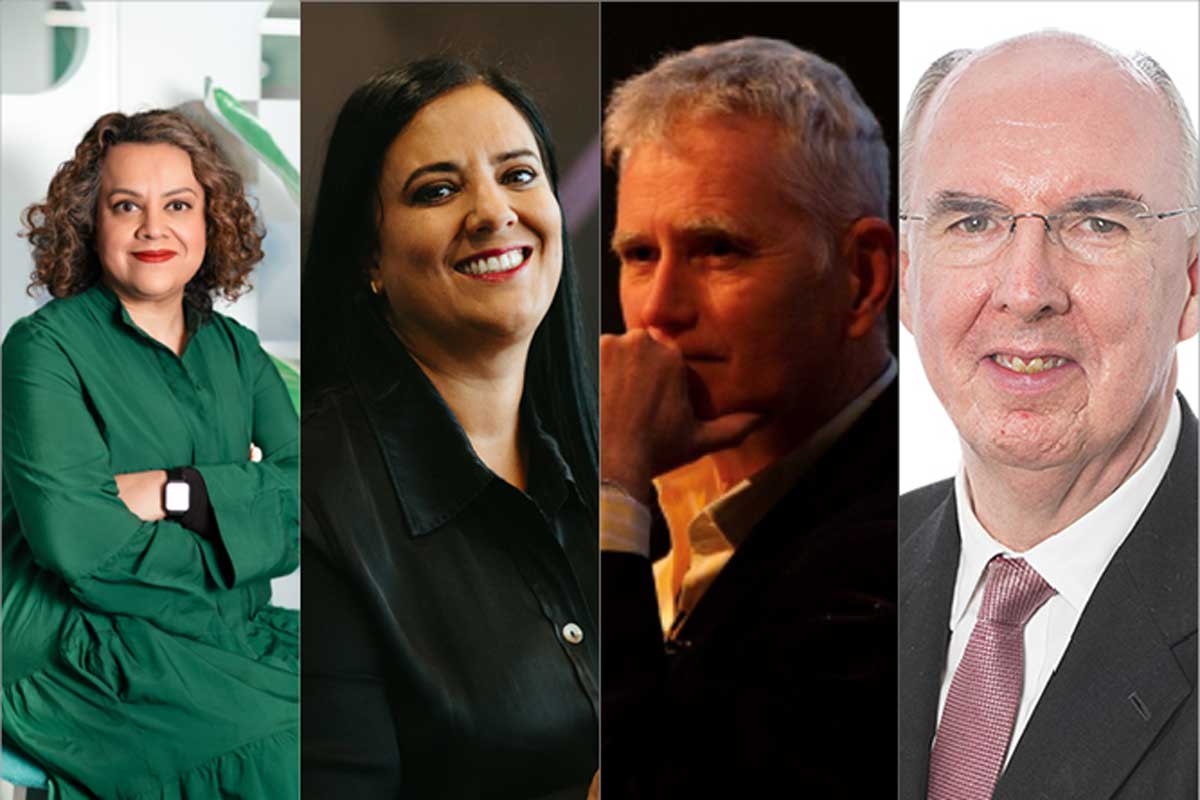Mental health teams in schools are improving access to support, but not all children and young people are benefitting

An NHS-funded programme delivering mental health services in schools and further education colleges has made significant early progress in its first three years, a study shows.
According to new analysis, there have also been considerable challenges, including supporting children with more specialist needs and staff retention within the service.
The study was funded by the National Institute for Health and Care Research (NIHR) and was undertaken jointly by the Birmingham, RAND and Cambridge Evaluation (BRACE) Centre and the Policy Innovation Research Unit (PIRU). The study also involved the London School of Hygiene & Tropical Medicine, RAND Europe and the Primary Care Unit, University of Cambridge.
In January 2020, the first mental health support teams (MHSTs) in England started delivering services. The teams work directly in schools and colleges, helping staff to promote emotional wellbeing for all pupils, and supporting children and young people with mild to moderate mental health problems. The programme is jointly led by the Department of Health and Social Care, the Department for Education and NHS England. By April 2023, an estimated 400 teams will have been created, supporting around three million 5 to 18 year olds.
Researchers explored the experiences of setting up and delivering MHSTs in the first 25 ‘Trailblazer’ areas, and their analysis is published today in the NIHR Journals Library. It includes survey data from nearly 300 schools and colleges; interviews with 132 people involved in implementing MHSTs; and focus groups with children and young people.
Positive feedback from schools and colleges showed staff felt more confident talking to children and young people about mental health issues, and were able to access advice and support more easily. Strengthened relationships between different agencies, such as education providers and mental health services, were also reported.
However, concerns were raised about the poor suitability of the cognitive behaviour therapy (CBT) approaches that teams had been trained in for some young people and some mental health conditions. While schools and colleges universally welcomed investment in ‘in-house’ mental health support, some were frustrated that MHSTs were focused just on ‘mild to moderate’ mental health issues, and concerned about the difficulties and long waiting times that children with more severe problems faced when trying to access help.
An additional challenge was achieving a balance in the different types of service offered. The researchers found that practitioners often spent the majority of their time supporting children with mental health problems, rather than working with teaching and other staff to promote good emotional health across settings.
Lead researcher Dr Jo Ellins, from the University of Birmingham, said:
“Overall, children and young people who had contact with an MHST reported an overwhelmingly positive experience. Mental health services in schools and colleges are facing increased pressure, particularly following the pandemic, and the programme has significant potential. But teams may find it difficult to sustain activities focusing on promoting wellbeing, given the increasing demand for mental health support.”
Professor Nicholas Mays from the London School of Hygiene & Tropical Medicine, a co-author of the report, added that:
“Our findings suggest that the gap between the support that MHSTs are providing and the criteria for accessing specialist help may be widening as a result of the Covid-19 pandemic. Schools and colleges in particular were concerned about the lack of available support for children and young people whose mental health needs fell between these services.”
Mental Health Minister Maria Caulfield said:
“It’s excellent to see that Mental Health Support Teams are having a positive impact in schools, giving staff more confidence, improving access to advice and support, and strengthening relationships between schools and mental health services.











Responses